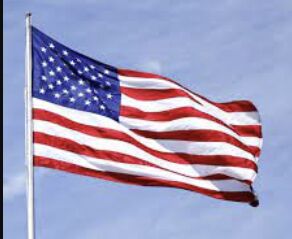US Imposes Sanctions on Six Individuals for Fueling Conflict in Eastern DRC, Steps Up Efforts to Resolve Crisis
The United States imposes sanctions on six individuals from the DRC and Rwanda for fueling conflict in the eastern region. The move aims to address the dire humanitarian situation and find a resolution to the crisis.
The United States has imposed sanctions on six individuals from the Democratic Republic of Congo (DRC) and Rwanda for their alleged role in fueling conflict in the eastern region of the DRC. The US Treasury Department stated that the sanctioned individuals included a Congolese and a Rwandan senior officer, as well as four senior members of rebel armed groups that have been causing instability in the borderlands of the DRC for many years. The announcement of these sanctions comes as the Rwandan-backed March 23 Movement (M23) recently seized parts of the North Kivu province, leading to clashes with Congolese troops and other militias, resulting in the displacement of thousands of civilians.
The US Treasury Department has emphasized that these sanctions demonstrate their commitment to finding a resolution to the crisis and addressing the dire humanitarian situation in the region. All sides involved in the conflict have been responsible for serious human rights abuses, including deliberate targeting of civilian populations through sexual violence. The fighting, along with frequent natural disasters, has contributed to a severe humanitarian crisis in eastern Congo, with approximately 5.5 million people displaced in North Kivu and neighboring provinces, according to the United Nations.
The Congolese army and the M23 were unavailable for immediate comment on the sanctions. Another sanctioned group, the Forces for the Liberation of Rwanda (FDLR), affiliated with the M23, also did not respond to queries regarding the sanctions against its members. The United States previously imposed sanctions on the FDLR and M23 in 2013. The current sanctions freeze the assets and property of the designated individuals in the United States, impose reporting requirements, and include other restrictions. US Secretary of State Antony Blinken has personally contacted the President of Rwanda to urge de-escalation in the region.
The DRC military had accused Rwandan forces of entering its volatile border area, a claim that Rwanda has denied. Rwanda has also faced accusations of supporting rebel groups in eastern DRC from several Western nations, including the United States and France, but has consistently denied these allegations. Armed groups have been causing havoc in eastern DRC for the past three decades, a consequence of regional wars that erupted in the 1990s and 2000s. The international community will continue to monitor the situation closely, particularly as efforts to resolve the conflict and address the humanitarian crisis move forward.




